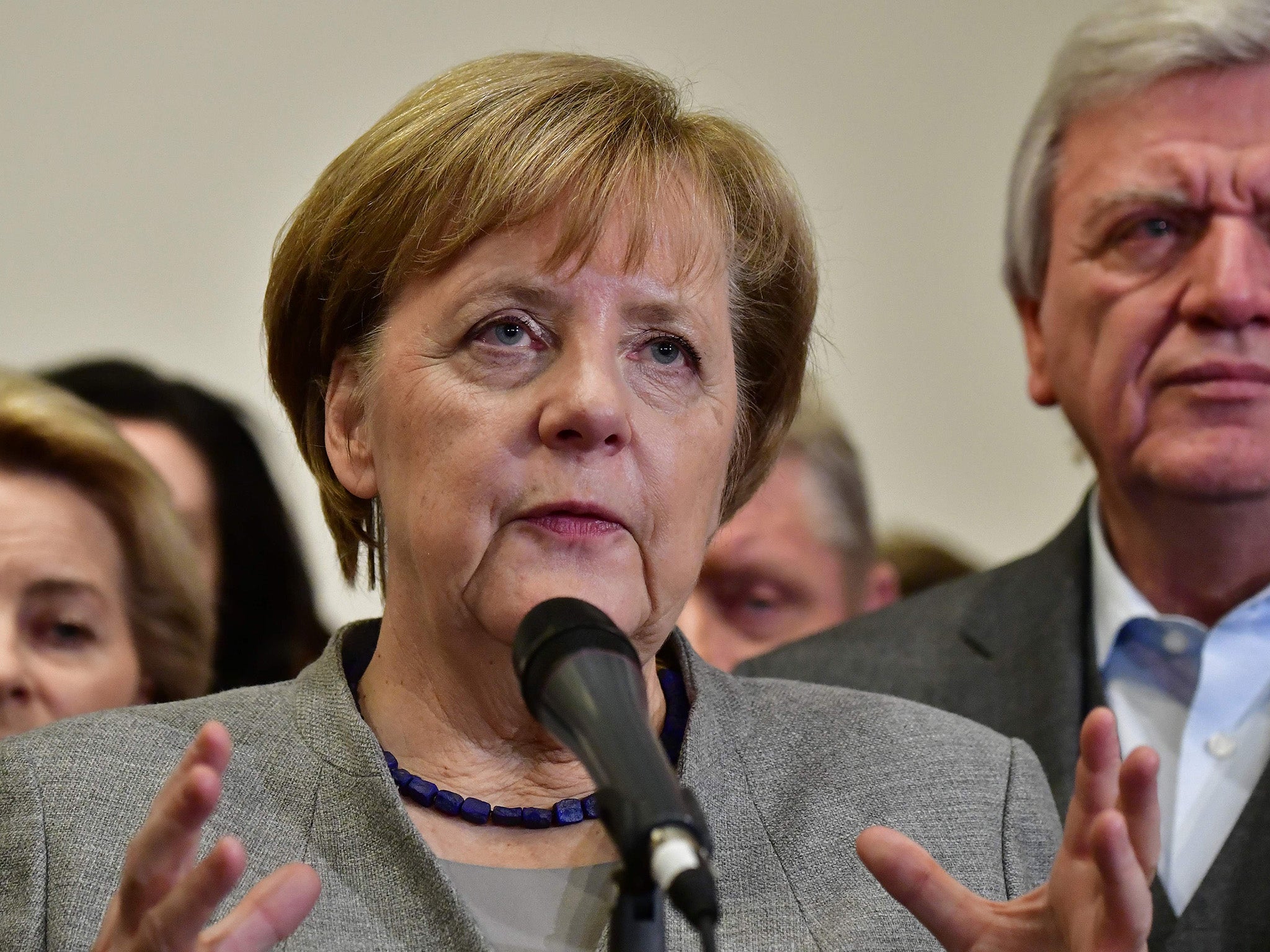Five things to look out for in the economy this week
Hints of increasing interest rates, the unexpected fall of the dollar and its effect on Brexit negotiations, as well as the future of Germany's government are all crucial factors to be aware of


Now that the noise from Davos is passed, there is some time to think more strategically about the year ahead. So here are five issues that will determine how the world economy fares, issues that we will learn more about over the next couple of weeks. They are not new issues at all, but they are all the more important for that.
For a start, we will get a feeling for how quickly will world interest rates rise, with the next meeting of the Federal Reserve Board this week. US rates are likely to pull up global rates, with the talk now that there might be three increases in the UK and at least one in Europe. Look out for hints of a March increase on Wednesday, which if it happens will be extremely important for the dollar.
The fall in the dollar has been one of the unexpected features of the past few weeks and the administration seems ambivalent about it. Donald Trump seems to welcome it, while Treasury Secretary Steven Mnuchin seems more concerned. Since all governments, at least in democracies, have very little control over exchange rates, you could say that it doesn’t matter much what members of the administration think. But if a weaker dollar pushes inflation up, the Fed has to respond. The reasonable strength of the US economy gives it headroom to do so.
The combination of a weaker dollar and the slightly more positive tone from the Brexit negotiations has led to a surge in the sterling/dollar rate. A couple of weeks back I was wondering about sterling reaching $1.40. Now a pound at $1.50 is in sight, which raises a question about the usefulness of economic forecasting. I may have missed it, but I cannot find any forecaster that predicted this a year ago. Most expected further sterling weakness, and some are still warning of a decline soon. (Against the Euro the recovery of sterling is much less marked.) But if you look at what people do rather than what they say, the hedge funds have now built up a huge long position on sterling – they are betting that it will rise further. This could set the tone for the spring and summer, especially if the stronger UK economy makes room for a rise in rates in February. For what it is worth, I think growth this year will turn out around 2 per cent and that last year’s 1.8 per cent will be revised up. At any rate the restarting of Brexit negotiations this week will give a feeling as to whether the bullish bets on sterling are right.

The other theme that will run through the spring will be what happens in Germany. It has a caretaker government and, despite the resumption of talks on forming a coalition with the Social Democrats, the expectation is that at best Angela Merkel will not be head of a secure government until Easter. So in the coming weeks expect more and more speculation on what happens after she goes. There is the narrow question as to who might lead the Christian Democrats, but there is also the broader one as to what sort of government Germany will have in, say, five years’ time.
The other issue is the shadow from the booming markets. I was at a City dinner a few days ago and asked the gathering whether they thought a sharp fall in asset prices would be the thing that ended the present economic growth phase of the cycle. Half put up their hands. Of course a fall in asset prices need not necessarily to a recession, but we all know that equity markets cannot boom forever. We know too that the turning point for bond markets is almost certainly past. This is the sweet spot of the economic cycle with good growth but not yet too much inflation. The question is: how long can this happy equilibrium last? I think a while yet, but am looking for cracks in the coming months.
Join our commenting forum
Join thought-provoking conversations, follow other Independent readers and see their replies
Comments
Bookmark popover
Removed from bookmarks